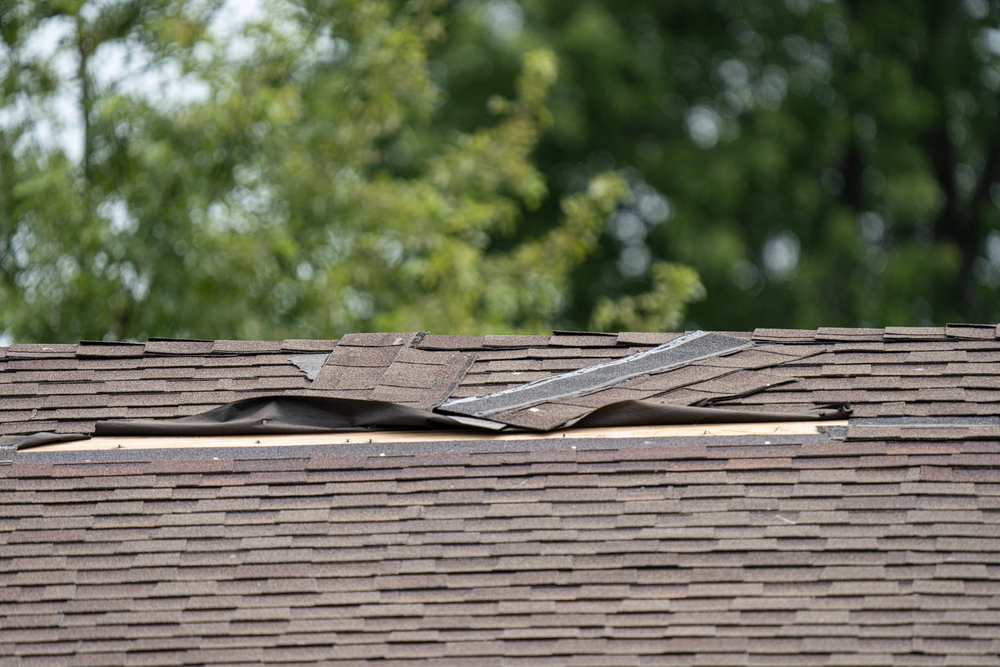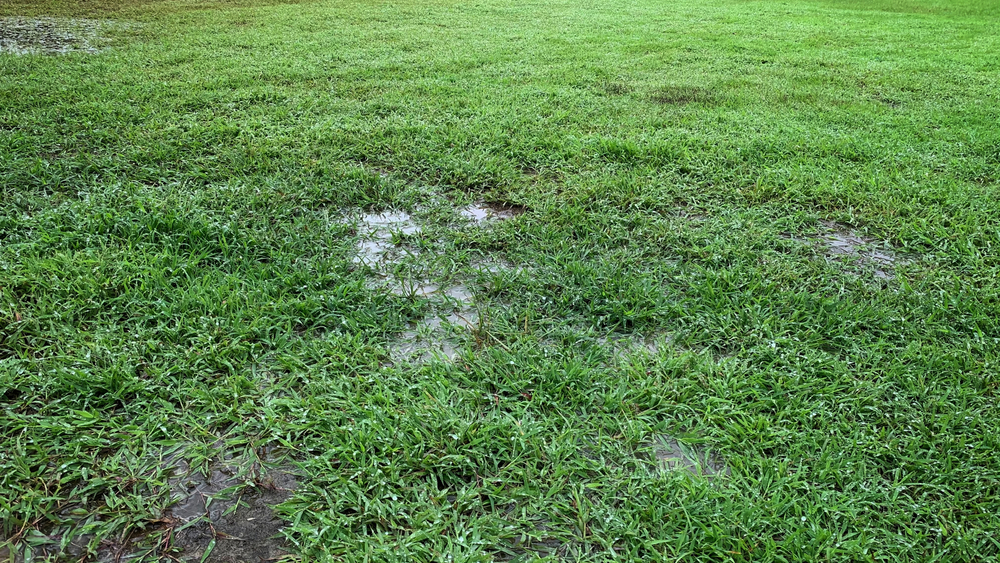A leaky roof or storm damage can be a homeowner’s nightmare. Figuring out whether you need roof repair or replacement is a big decision. This article explores key factors to help you make the right choice for your home and financial situation. We’ll cover everything from minor leaks to significant damage so you can confidently tackle your roofing project.
This guide offers practical advice. We will discuss the crucial aspects to consider and suggest alternative solutions. The questions below will help you assess your roof situation. The final section details what roof repair and roof replacement involve.
Should You Repair or Replace Your Roof?
Deciding between roof repair and replacement can feel overwhelming. Asking yourself a few questions helps narrow down the best option. Consider your roof’s age, your home’s future, and your current budget.
How Old Is Your Roof?
A roof’s age plays a major role in determining whether repair is worthwhile. Asphalt shingle roofs typically last 20–30 years. If your roof is nearing this age, frequent repairs might signal that a replacement is more cost-effective.
Signs like granule loss, multiple leaks, and cracked asphalt shingles could mean it’s time for a roof inspection. Alternatively, you can contact a roof repair contractor for assistance.
What Are Your Future Plans?
If you plan to sell your home soon, roof damage can decrease curb appeal. Potential buyers may see a damaged roof as a selling point, making them offer less. A new roof increases the value of your house. Therefore, a properly installed roof becomes a selling point for potential buyers.
If you plan to stay in your home, repairing your current roof temporarily addresses the problem. This option might be cheaper in the short term, rather than getting an entire roof replacement immediately. However, think about how these small roof repairs will impact your finances long term.
What’s Your Budget?
Roof replacement is a significant investment. Determine if you can afford it without straining your finances. Repairs may seem less expensive upfront, however these costs can add up quickly over time. Frequent or extensive roof repair may end up being more expensive than simply replacing your roof. Look into how to save money by seeing what roofing companies offer discounts, etc.
Balancing short-term cost savings against the longevity and ultimate total of your roof repair bills plays an important part in helping make informed choices when managing how best to deal with the needs of your roof. If you plan to keep your house long term, a roof replacement may be better than frequent, extensive repair over time and save you money.
Roof Repair or Replacement: Understanding the Scope
Let’s examine the specifics of roof repair and roof replacement. Understanding the details of each option helps you decide. Contact us today if you’d like us to inspect your roof.
What Does Roof Repair Entail?
Roof repair focuses on fixing specific problems. These problems can include issues such as roof leaks, damaged roofing shingles, or flashing problems. Repair extends a roof’s life span, but might hide bigger issues.
- Minor Repairs: Patching small holes, fixing a small area of shingle roof damage, or replacing flashing.
- Major Repairs: Repairing damaged sections due to extensive damage or structural issues like roof deck problems.
What Does Roof Replacement Involve?
This means tearing off your existing roof and installing a new one. Roof replacement starts by addressing the roof deck. Then, the process often includes replacing roofing materials like underlayment and flashing. New roof ventilation may be included, as well.
Replacement provides a fresh start. It can resolve potential problems before they worsen. However, the total cost for this roof option is considerably more than partial replacement or simply repairing minor issues only.
Choosing the Right Path: Assessing Your Needs
When deciding between roof repair or replacement, look closely. Search for clues about the degree of the damage. Determine how those clues affect various things.
Assessing the Damage
Minor problems, like a few missing shingles, usually call for simple repairs. However, more extensive water damage, like many deteriorated asphalt shingles, indicates you may need to replace roof.
Things like fallen trees and high winds can contribute to extensive roof damage. Getting a roof inspection by a professional roof repair contractor will let you know the full extent of the damage and allow you to properly repair any damage to roof structure.
Evaluating the Roof’s Age and Condition
Minor problems can be symptoms of bigger problems with your roof. For instance, worn underlayment could damage your roof decking, leading to bigger, more costly repairs in the future.
An older asphalt shingle roof at the 20 year mark, will experience wear and tear. It may require replacement, depending on its overall condition. Understanding what to do requires careful evaluation of your roof’s specific conditions.
Balancing Costs, Lifespan and Home Value
Compare repair costs to replacement costs. Roof repair is typically cheaper. However, if your roof is old, the cost of repairs may equal replacement cost over time.
If your energy bills are rising, consider energy-efficient roof repair. An energy-efficient roof can include energy-efficient roofing shingles or cool-roof coating to reflect UV radiation. There are many different roofing materials to choose from. Make sure to weigh the energy efficiency and the cost of various roofing materials.
Replacing an asphalt shingle roof boosts your home’s curb appeal. It also can improve energy efficiency. These benefits raise your home’s value. Properly installed roofing shingles are important for protecting your roof from water damage and roof leaks, especially near the 30 year mark of the lifespan for such roofs.
FAQs about roof repair or replacement
Is it better to repair a roof or replace it?
The best option depends on the roof’s age, damage, and budget. Minor damage on a newer roof is usually repairable. Widespread issues or an old roof may warrant replacement.
If your roof repair costs are substantial, a replacement might be better long term. When deciding on repair vs. replacement, remember to consider factors such as cost, the condition of your roof decking, the age of your current roof, and your current financial situation. Weigh the costs of repeatedly repairing an old roof, especially past its life expectancy.
What is the difference between a reroof and a roof replacement?
Reroofing adds new roofing shingles over existing ones. It’s less disruptive than full roof replacement. Reroofing might be a temporary solution if the existing roof structure is in good condition.
Roof replacement includes removing the old roof down to the roof deck. Replacing the entire roof requires more time and labor, compared to reroofing or repairing a small area. A full replacement often provides more long-term value. It also addresses issues hidden under existing roofing shingles.
Can I write off my new roof on my taxes?
A new roof for your primary residence isn’t usually tax-deductible. There may be exceptions if part of your home is used for business.
How much damage does a roof need to be replaced?
When damage is widespread, or issues are structural, repair may be ineffective. It is better to get a complete replacement when damage to a roof is extensive, so the total square foot of your entire roof will determine costs with replacing asphalt shingles and slate tiles often being common roofing material choices for homeowners looking at repair costs. There is no specific square foot where roof replacement makes more sense than partial replacement, it is entirely determined by a thorough review of all roof related costs by qualified roofers or a roofing contractor before a determination can be confidently concluded for how to manage roof leaks.
It’s crucial to get an accurate assessment of your roof. Consider factors such as age, and condition of the damaged sections. A qualified roofer can advise you on the best course of action, considering your budget.
Conclusion
Choosing between roof repair and replacement is a big decision. Carefully consider your home’s specific needs, your budget, and available options to make an informed choice.
Regular roof maintenance prevents extensive damage down the line. Checking your attic once a year can reveal early signs of water damage from a leaking roof, ultimately saving you time and money.




